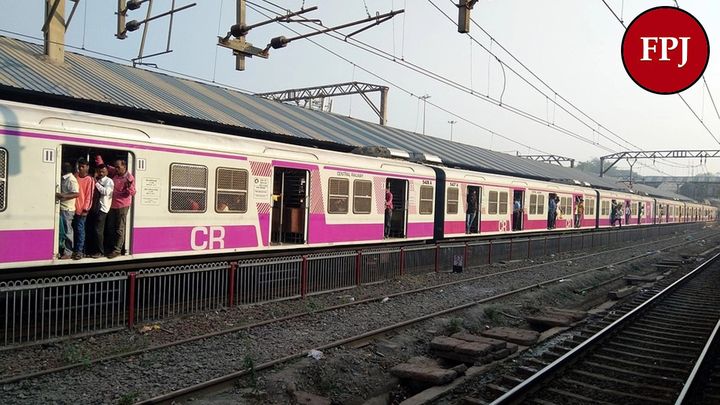
Mumbaikar Wants Back - EK Chalis Ki Last Local' campaign started by Free Press Journal one of the oldest new paper of the city, has gained significant political backing, with Member of Parliament Manoj Kotak and senior BJP leader Shaina NC voicing their support. Both leaders have promised to address the issue with the Railway Ministry and other relevant authorities.
“This is a serious issue affecting the daily lives of thousands of Mumbaikars. I will speak to the Minister of Railways and try to restore the old timetable,” Manoj Kotak told Free Press Journal.
Shaina NC, senior BJP leader and also also trustee of the 'I Love Mumbai NGO ', emphasized the fairness of the demand. “It is a legitimate demand, and I fully sympathize with the struggle of Mumbaikars. If Western Railway can operate its last local at 1:00 AM, why can’t Central Railway do the same? We must support them in every possible way,” she said.
The campaign titled “Mumbaikar Wants Back – Ek Chalis ki Last Local,” launched by Free Press Journal, calling for the restoration of the previous timings of the last local trains to Karjat and Kasara. This movement comes in response to the recent changes in the Central Railway's Mumbai Division timetable, which became effective on Friday, October 5.
Under the new timetable, the last train to Karjat now departs from Chhatrapati Shivaji Maharaj Terminus (CSMT) at 12:12 am, 12 minutes earlier than its previous departure time of 12:24 am. Similarly, the last train to Kasara now leaves at 12:08 am, six minutes earlier than the prior 12:14 am schedule. Though these adjustments might seem minor, they have sparked considerable backlash from thousands of late-night commuters who rely on these trains as a crucial means of transport.
Commuters shared Their Struggles
For the thousands of Mumbaikars who work late into the night, catching the last train home is not just a matter of convenience—it’s a lifeline. The earlier departure times are creating difficulties for many who rely on these services after finishing their long shifts.
Suresh Sakhare, a 46-year-old security guard of south Mumbai based housing society, who reside in Ambernath, expressed his frustration. “Mumbai is a city that never sleeps, and its local trains are its lifeline. For Mumbaikars, catching the last local isn’t just a convenience—it’s a necessity.”
Sanket Chavan, a hotel worker from Asangaon, agreed that the changes are more than just an inconvenience. “These adjustments may seem small, but for workers like us who depend on the last Karjat and Kasara trains, they spell major disruptions to our routines,” he said.
An other frequent commuters of the last Karjat local also highlighted how missing this service can significantly impact their daily lives, causing delays, stress, and additional expenses for alternative transport.